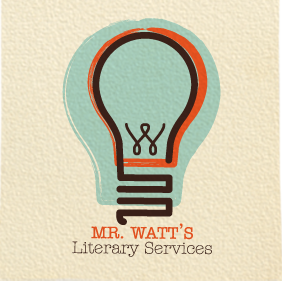Writing fiction has developed in me an abiding respect for the unknown in a human lifetime and a sense of where to look for the threads, how to follow, how to connect, find in the thick of the tangle what clear line persists.
Eudora Welty
Notice that Jessica matches Welty’s syntax in her interpretation. This allows for more accuracy.
When I take apart this quote, then reconstruct it using my own words, I get:
Writing fiction has caused me to feel a lasting respect for the unknown in our lives and a sense of where to look for clues, how to follow, how to connect, how to find that one great idea in the thick tangle of my jumbled up thoughts where the clear best idea persists.
To me, this quote makes sense as I have had the same experiences, not only with fiction writing, but with other essays and writing pieces as well. It is mainly an issue while writing fiction, though. There are so many different plot twists and different ways you could manipulate the characters’ actions to come up with entirely different outcomes. It’s challenging to find the perfect plot, not perfect so much as most entertaining for you and the reader. Non-fiction, persuasive, and analytical essays all go in one direction once you figure out your topic, whereas fiction pieces, once the topic is established, can still go in any direction. It takes a strong writer with a clear goal in mind to write an incredibly strong fiction work as Welty does.
While reading Welty’s First Love, my thoughts, too, became jumbled up, and I wasn’t even the one reading the story! I was confused at how Joel could know what Burr was saying if he was deaf and also who his first love was. I was taking things too literally, too shallowly instead of looking for that double meaning.
~ Jessica Cheng
